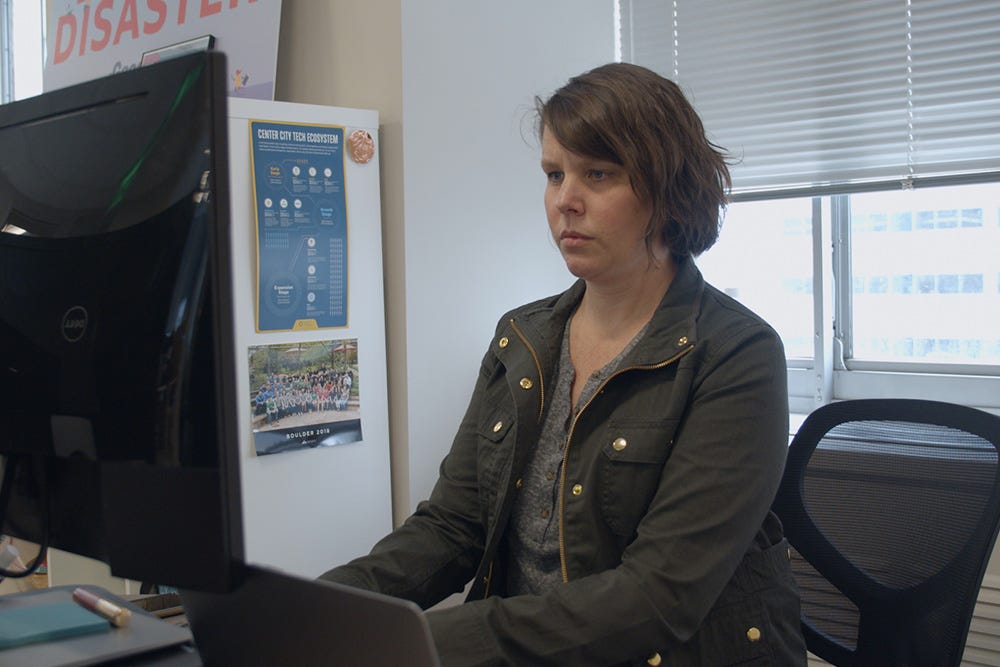Fellow Portrait
Sarah Tuneberg
Geospiza
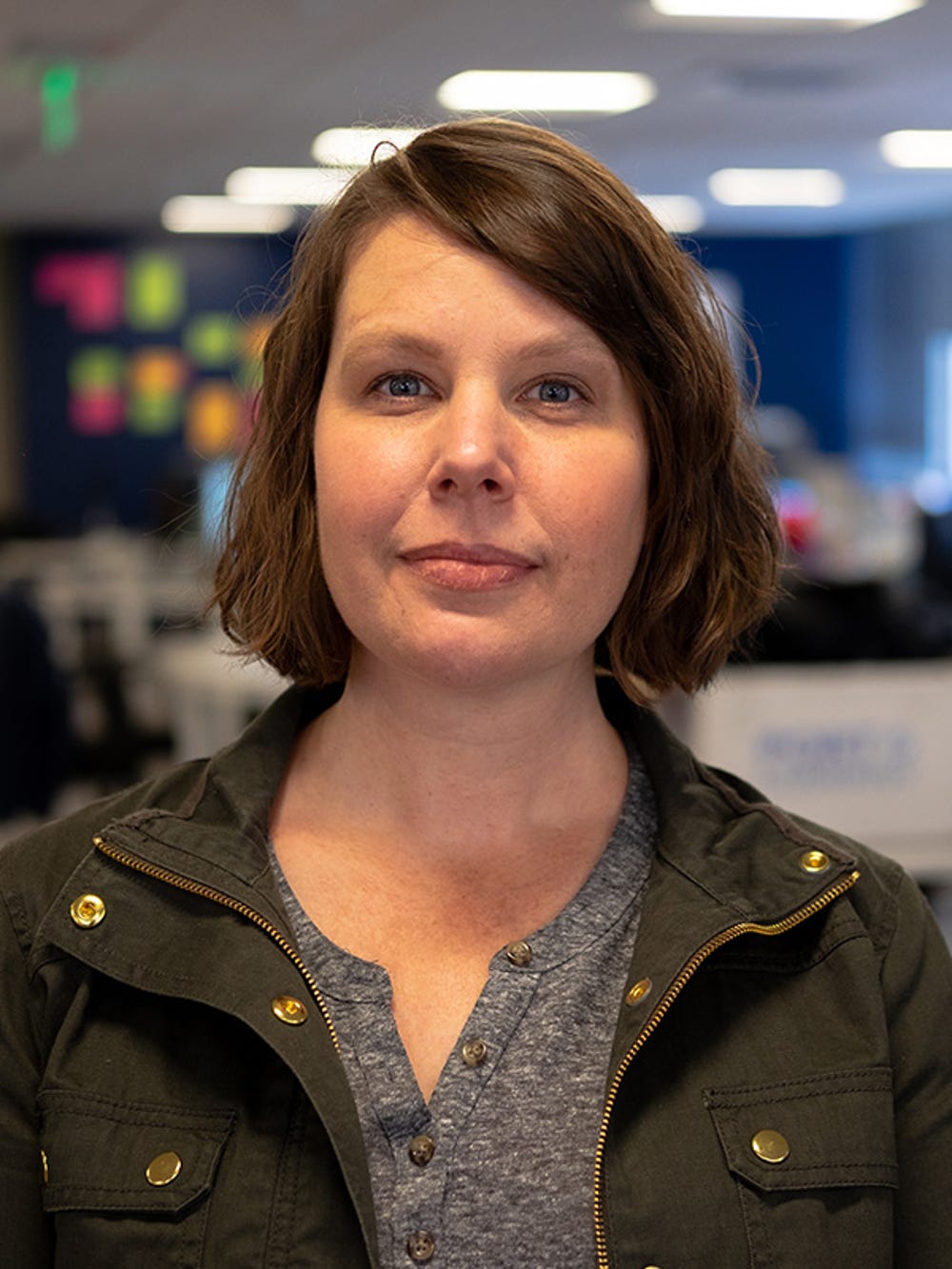
Analyzes and visualizes risk for climate-exposed organizations, enabling decision-making in the face of deep uncertainty.
North America
United States
Fellow
2020
Updated March 2020
There’s Nothing “Natural” About Natural Disaster
Brownish green water rises in a previously pristine kitchen. An eerie orange glow appears over the horizon. A river of muddy debris courses down a hillside. Devastating heat builds inside a home.
As the consequences of climate change become inescapable, hardly a day passes without news of another “natural” disaster. Fires in Australia, heat waves in India, cyclones in the Philippines, floods in Rwanda, landslides in Malaysia… these and other disasters kill or displace tens of thousands of people each year. A 2018 ReliefWeb Report put the cost of such catastrophic events at $131.7 billion USD worldwide, with the poor shouldering an unequal share of the burden.
I am a different breed of founder that’s underrepresented, undertapped and undervalued.
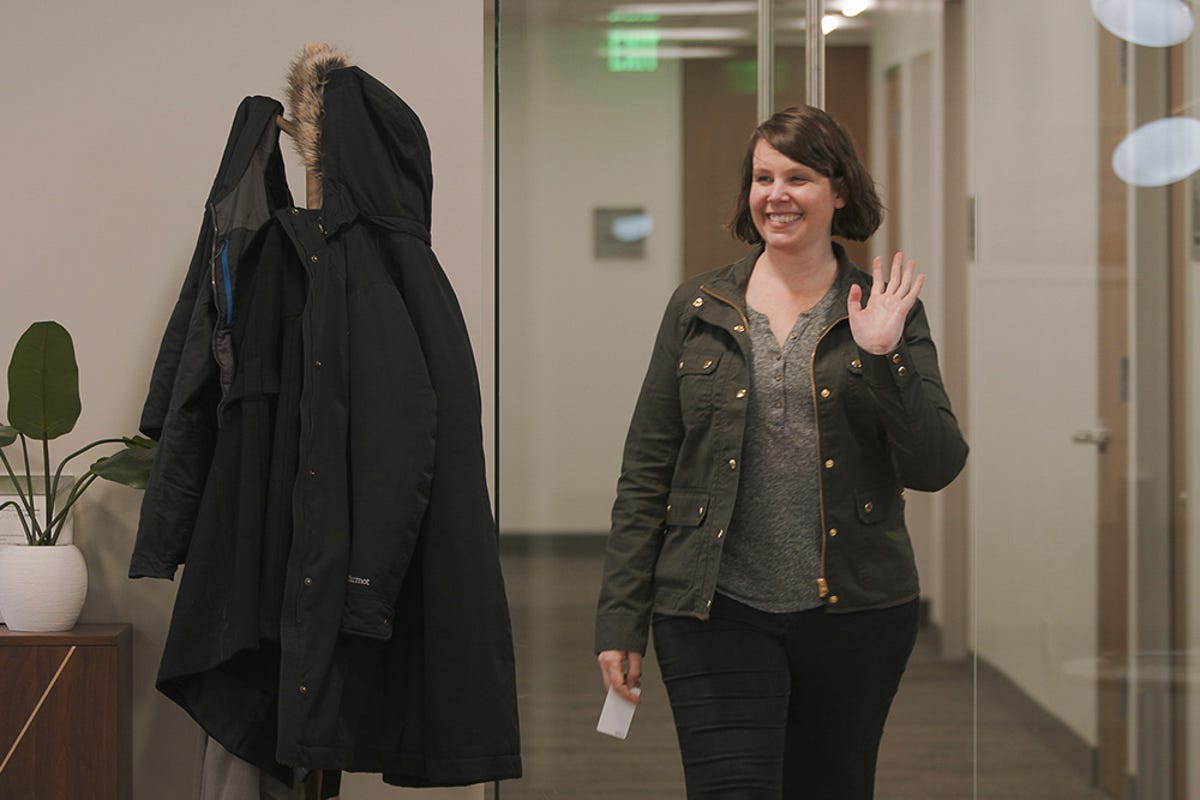
Exploiting the Power of Data to Protect the Most Vulnerable
Sarah Tuneberg advocates for calling these “human” rather than “natural” disasters. She founded Geospiza to mitigate—and in many cases prevent—the human tragedies they cause. “The heart of our business is meeting the needs of those people who are most vulnerable,” she says.
Since childhood, Sarah has been drawn to alleviating the suffering of those at risk. She traces her commitment to watching a movie about the Killing Fields of Cambodia and the efforts of relief workers. She admits the movie may have been inappropriate for a ten-year-old, but says, “I felt very strongly then that I wanted to do that kind of work.”
The idea for Geospiza developed during her 15 years as an emergency manager. Sarah’s “aha” moment came after Hurricane Sandy. Running a consulting business that helped predict and mitigate disasters, she found herself making life or death decisions based on difficult-to-interpret data in complicated spreadsheets. A friend who worked in advertising had a sleek, easy-to-navigate data dashboard that told her amazing things about targeting her market. It was then that Sarah thought, “Why don’t I have this?”
Sarah built a software tool to support her consulting. In 2017, she realized that effecting large-scale change would require a product and began what she refers to as her “hilarious” journey to becoming a tech entrepreneur. She signed up for a tech conference and found herself suddenly immersed in the world of pitch decks and venture capital. She made a key connection with a Motorola Ventures partner and went on to attend other conferences.
The heart of our business is meeting the needs of those people who are most vulnerable.
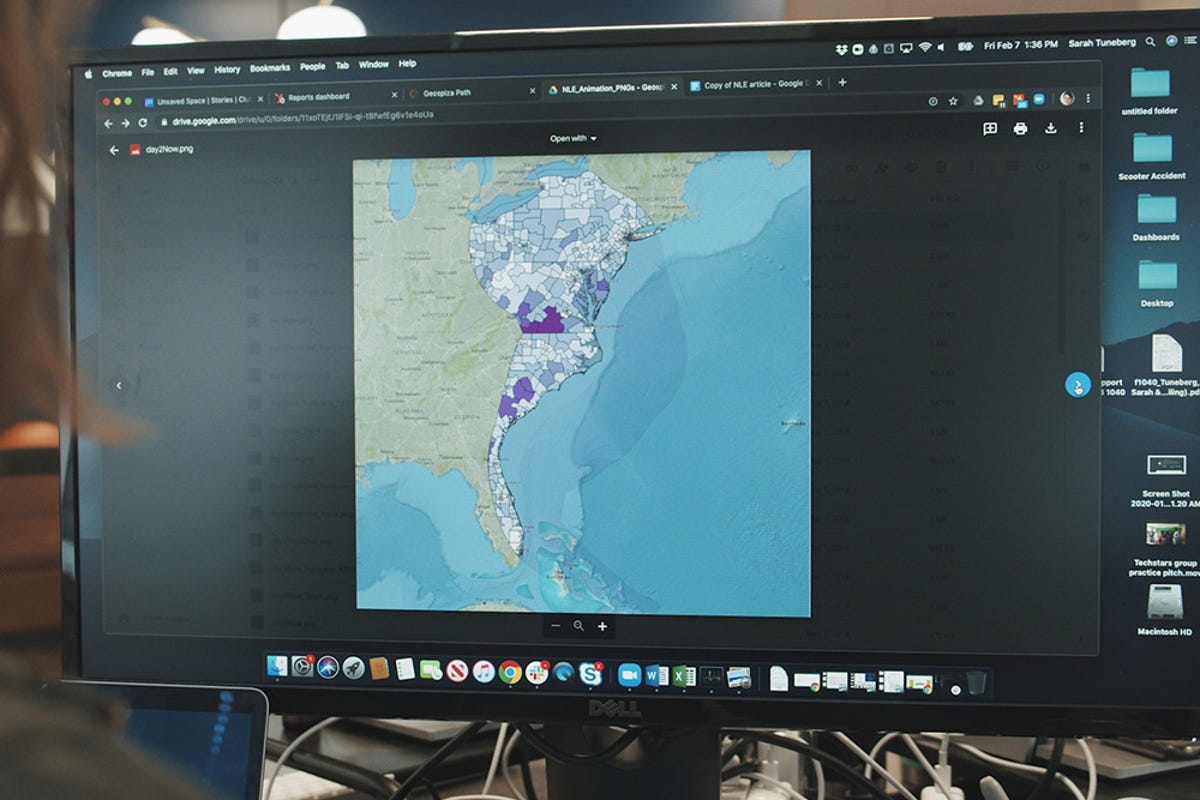
Pursuing the Global 2000—and Solving Smaller Problems
While few things may be more urgent than addressing the consequences of climate change, all the data in the world can’t help an organization unless it is understandable and actionable. Geospiza’s climate risk management and visualization software gives risk managers, sustainability teams, operation departments, and asset managers the ability to quantify and reduce climate and natural hazard risks.
Although the company’s reach is global, it positively affects the lives of individuals in places like Kansas. Using the Geospiza app, the Kansas City fire department combined historic data about where fires occurred with community characteristics, the structures’ age and likelihood of having fire suppression, and residents’ languages and income levels. Using a model built on the data, the fire department targeted delivery of smoke detectors to people at greatest risk, dramatically decreasing the number of home fires.
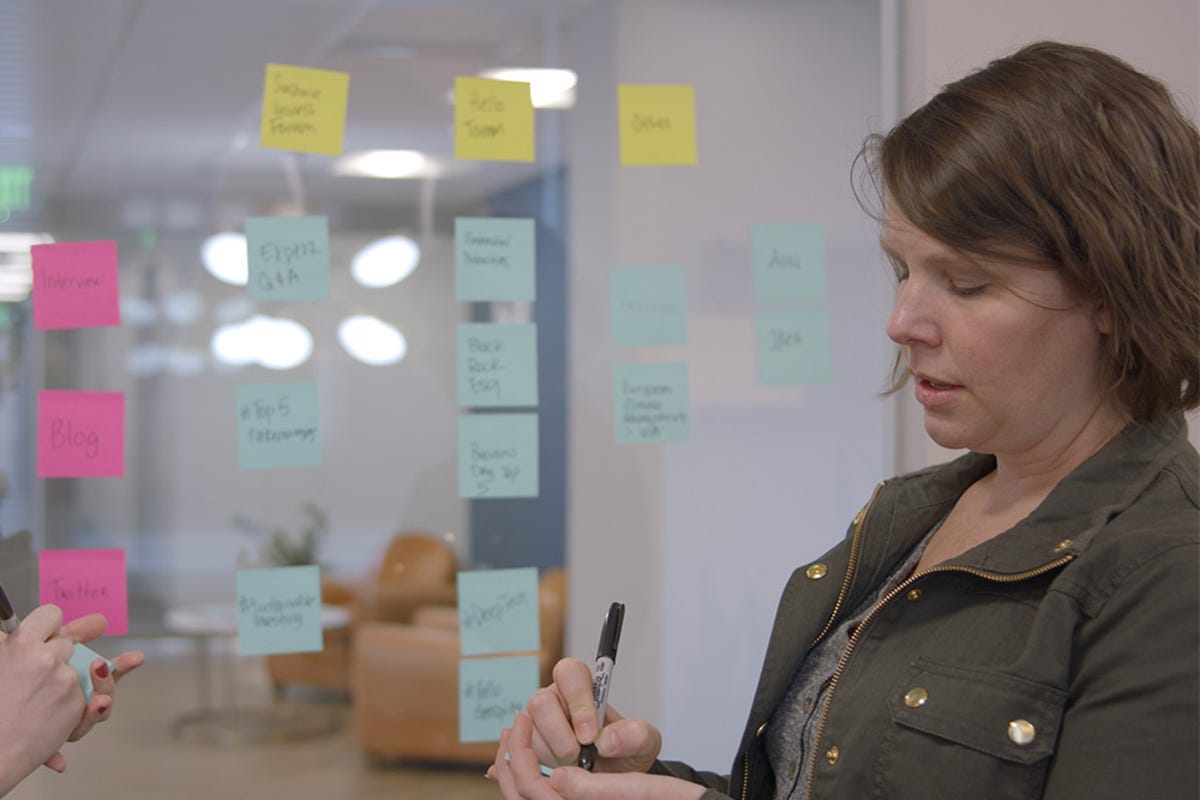
Driving Meaningful Change Around Climate Challenges
Governments can’t solve the problem of disaster mitigation and adaptability alone. “Global multinationals will have to do the heavy lifting,” Sarah says. “Helping them understand their risk and make resilience strategies to ensure that they can continue is the way we’re going to get ahead of this.” Geospiza’s future, she says, involves “working with the world’s largest corporations to make adaptation and mitigation strategies that drive meaningful change around climate.”
Geospiza’s future involves working with the world’s largest corporations to make adaptation and mitigation strategies that drive meaningful change around climate.
PHOTO GALLERY

